
22 Male Athletes on Mental Health and Depression
22 male athletes like Dwayne Johnson, Lewis Hamilton, and Michael Phelps share quotes on mental health and depression in the sports world.

22 male athletes like Dwayne Johnson, Lewis Hamilton, and Michael Phelps share quotes on mental health and depression in the sports world.
"Sports aren’t just physical—some athletes are champions fighting battles you can’t always see."
Athletes are often seen as symbols of strength and endurance, yet many silently battle their own mental health challenges, such as depression, anxiety, and even suicidal thoughts. For male athletes, the pressure to appear “invincible” can make it incredibly difficult to open up about their struggles. While society openly acknowledges the physical risks of sports, the mental toll often goes unnoticed—despite being just as real.
A 2019 International Olympic Committee (IOC) review found that nearly 45% of elite male athletes in team sports such as hockey, football, cricket, and rugby reported experiencing anxiety and/or depression.1 Male athletes are also more likely to use substances, including opioids, to manage pain, recover from injuries, or cope with stress both on and off the field.2
The good news is that more athletes are breaking their silence and sharing details about their mental health struggles, demonstrating that doing so doesn’t diminish their strength. Their bravery is a powerful reminder to men everywhere: mental health challenges can affect anyone, and seeking help is a courageous and essential step toward healing.
If you’re facing mental health challenges, you’re not alone. HeadsUpGuys offers a wide range of resources to support your recovery journey and empower you to help others along the way. For additional mental health resources tailored to athletes, visit the UBC Athletes Hub.
Take your first step toward recovery today. Here’s what some of your favorite athletes have shared about their experiences with depression:
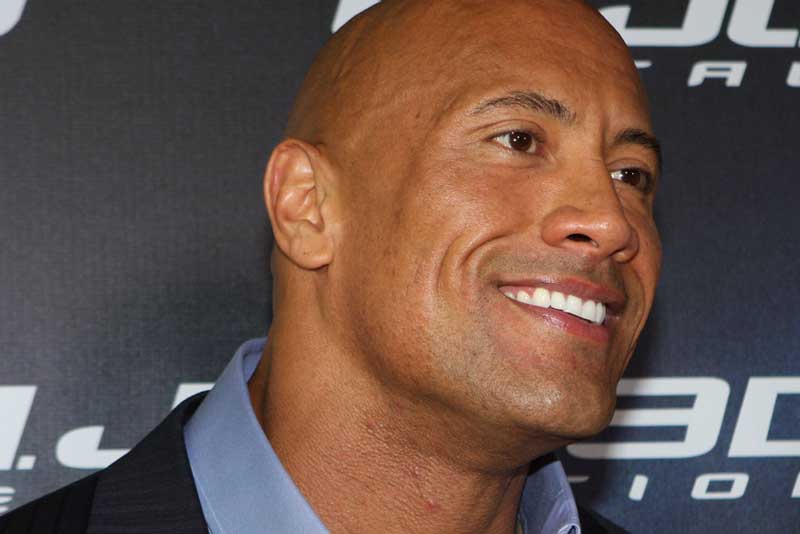
“We all go thru the sludge/shit and depression never discriminates. Took me a long time to realize it but the key is to not be afraid to open up. Especially us dudes have a tendency to keep it in. You’re not alone.” (via Twitter)
Actor, producer and professional wrestler, US
One of the greatest professional wrestlers of all time
“The Rock on Depression: ‘You’ve Got to Talk About It, and You’re Not Alone’’
“How a Bout of Depression Led to Dwayne Johnson’s Career Defining Moment” (Video)

“When I was in my 20s, I had some really difficult phases. I mean, I’ve struggled with mental health through my life. [I’ve had] depression. From a very early age, when I was, like, 13. I think it was the pressure of the racing and struggling at school. The bullying. I had no one to talk to.”
British Racing Driver F1
Lewis Hamilton reveals battle with depression from ‘early age’
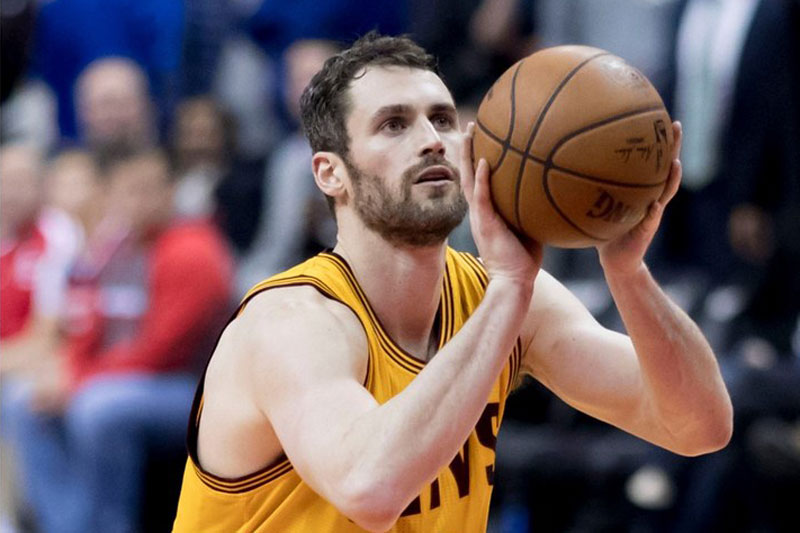
“Day after day being the same you come to a point where the darkest moments come into play, and suicidal thoughts come into play, and you start planning it out….and those are really scary moments in my life…
When you don’t face those certain fears, or those anxieties, or that depression head-on, that just puts you farther back, then you self-medicate, and when that doesn’t work it sets a baseline, and puts you back even more…and you know that’s the slippery slope.”
American NBA player, five-time All-Star
Kevin Love: I still think about suicide
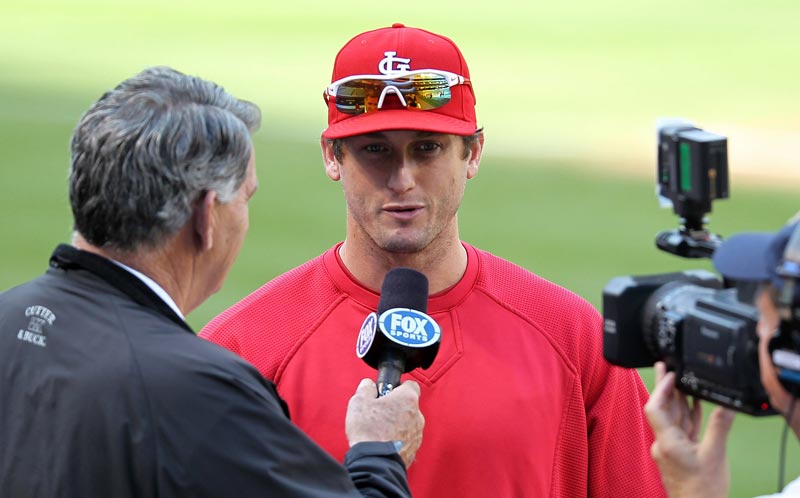
“I know I had the alcohol issues in the past, but you come to realize it’s a lot deeper than that. It’s depression and anxiety issues. I had to attack the way I was thinking. I re-trained my brain by being around Mairin [his wife] and getting help. The foggy feeling I always had is now lifted.”
MLB third baseman, US
World Series MVP and Champion
“David Freese, World Series hero, finds greater triumph in depression battle”
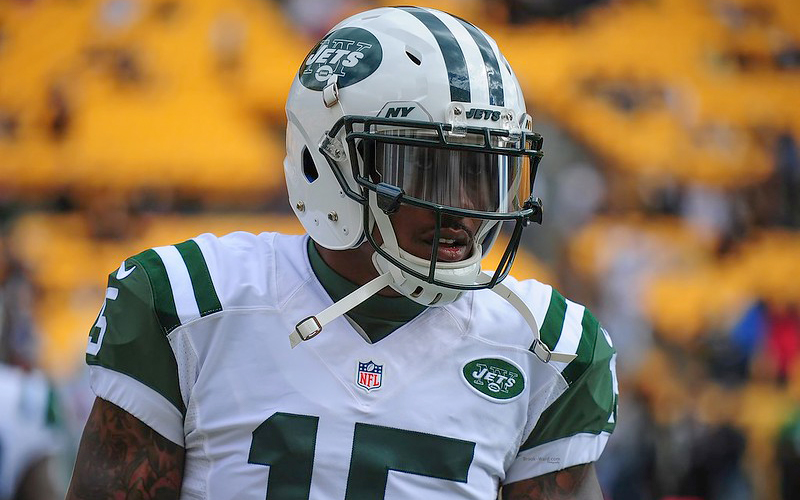
“I spent three months in the outpatient program at McLean, and in my time there, I learned the tools and skills to help me cope with my emotions. I learned different meditation techniques, and I spoke with doctors and counselors about what I was feeling to get a better understanding of where my emotions were coming from and how I could most effectively react and respond to them….Those three months changed my life.”
NFL wide receiver, Co-founder of Project 375, US
(On borderline personality disorder (BPD) and depression)
“The Players’ Tribune: The Stigma”
Discover how therapy transformed the lives of Brandon Marshall and other athletes and celebrities in our article, ‘18 Male Athletes and Celebrities Who’ve Opened Up About the Value of Therapy.’
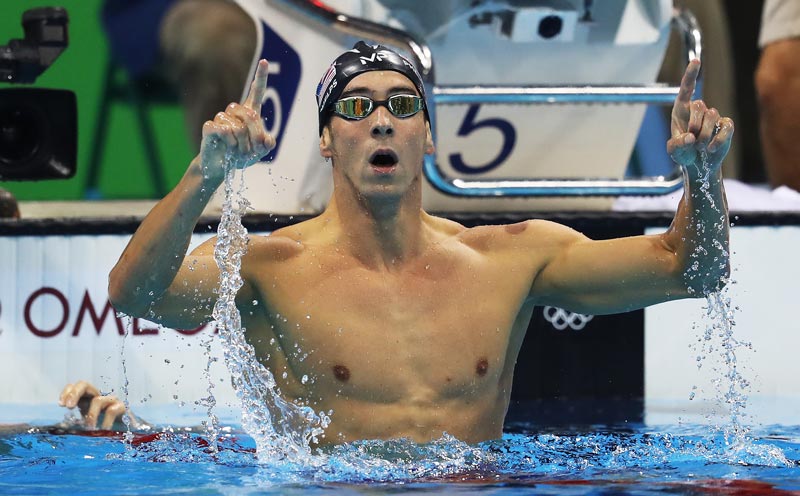
“I struggled with anxiety and depression and questioned whether or not I wanted to be alive anymore. It was when I hit this low that I decided to reach out and ask for the help of a licensed therapist. This decision ultimately helped save my life. You don’t have to wait for things.” (via Twitter)
Competitive swimmer, US
“The moment Michael Phelps knew he needed help battling depression”
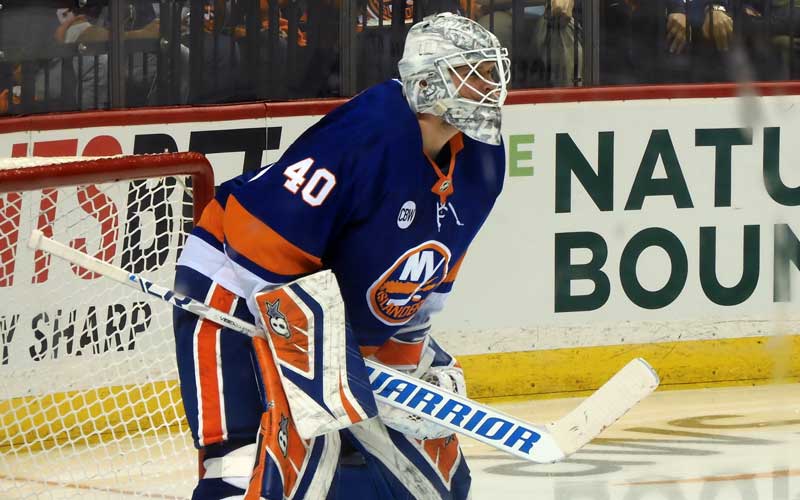
“I was drunk. I wanted to kill myself. I was extremely close multiple times. The battle playing hockey was nothing compared to the battle inside my brain. It was at its worst…
I want to help make a difference and help others the way I have been helped. I want people to know that there is hope in desperation, there is healing in facing an ugly past and there is no shame in involving others in your battle.”
Swedish NHL goaltender
‘I could not stand being alone in my brain’: Islanders goalie Robin Lehner opens up
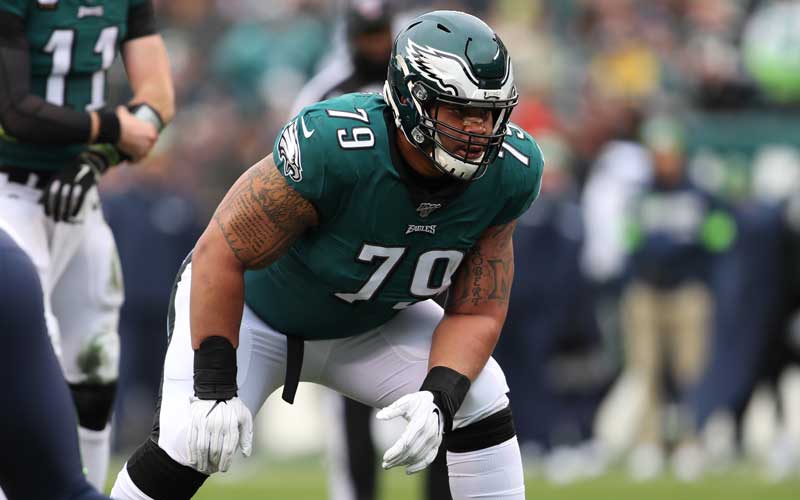
“When it comes to mental health issues, the biggest thing is to embrace and accept it and understand why in order to attack it. It’s really no different than pulling a hamstring. You’ve got to go in the trainers room and put ice on it and do all these different exercises. It’s the same thing mentally. You want to make sure that people understand that it’s something that 1, you can attack and it can get better, and 2, that just by hoping it gets better, that’s not necessarily the best strategy. It’s OK to seek help, it’s OK to get help, and it will get better.”
NFL guard, US
“How Brandon Brooks’ battle with anxiety has helped me come to grips with my own issues”
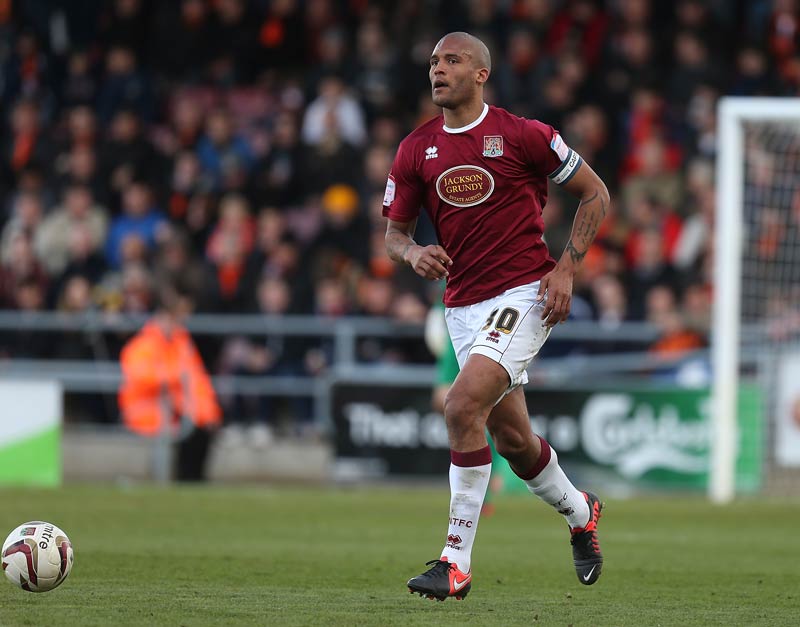
“I wasn’t doing the things that I should have been doing to maintain my mental well-being and once you start getting into a spiral of secrecy and masking your emotions and running away then it is exactly that; you spiral down and it’s incredibly difficult to stop.”
Professional footballer, defender, UK
Former Chairman of the Professional Footballers’ Association
“Clarke Carlisle on Depression”
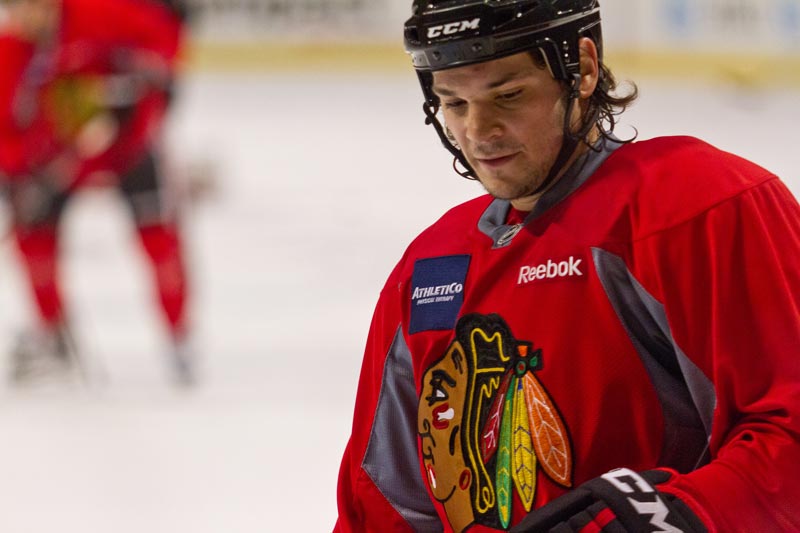
“But that fall, when the new season started, I went through the same dark cycle that I witnessed firsthand with Monty [friend and teammate who died by suicide]. I went in with my eyes completely open, but I just couldn’t stop it. I started isolating myself. I felt like I didn’t have a purpose. I fell into a deep and dark depression.”
NHL left winger, Canada
2x Stanley Cup Champion
“Players’Tribune: The Fourth Period”
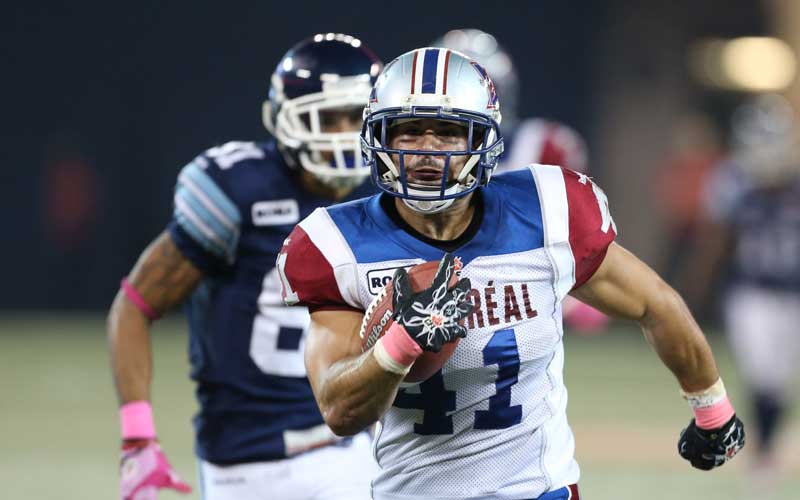
“I want to be the most confident, strong person I can be for my son but at some point I might falter and that’s fine. Men must realize there’s no shame in feeling vulnerable or putting yourself out there because everyone’s going to be vulnerable at some point.”
Professional Canadian Football Player, Canada
All-star and 2x Grey Cup Champion, Founder and CEO of the WellMen Project
“Argos linebacker Shea Emry tackling his depression head-on”
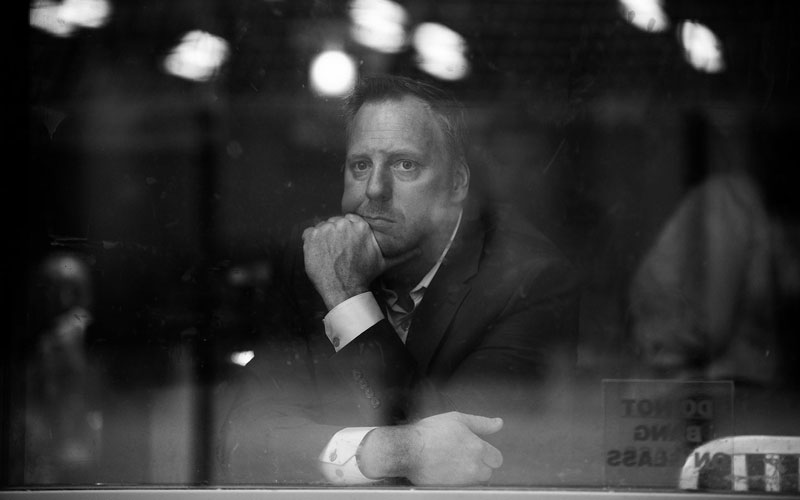
“If you are in a dark place right now, thinking that you can’t go on anymore, I know you probably cannot foresee these kind of things in your future. But your brain is lying to you. It’s lying. There is a light, however faint, in all this darkness. There is help out there for you. There is hope. I swear to God, hope is real. You will reach the light.”
NHL goalie, Canada
(On obsessive compulsive disorder (OCD), anxiety, and depression)
“Dark, Dark, Dark, Dark, Dark, Dark, Dark, Dark”
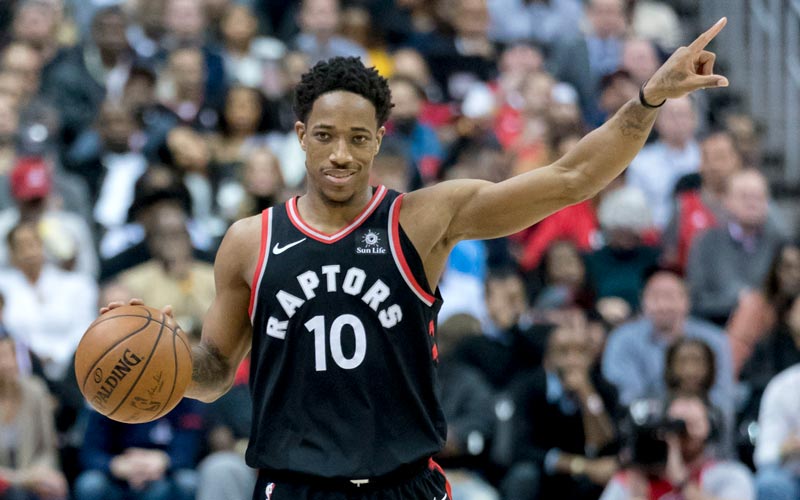
“I couldn’t allow myself to indulge in therapy because, one, I didn’t know how, and, two, I wasn’t willing to consider that a therapist could actually help me work through my problems. I had built up such an impenetrable wall when I was younger. It was like if I couldn’t relate to you then I wasn’t going to be comfortable enough to open myself up to you…But this was different. It felt like I was finally able to put a name to this feeling I was carrying around my whole life, and had been amplified in recent months.”
How Jim Carrey helped Raptors icon DeMar DeRozan face depression

“Talking about it — and keeping the conversation going, and going, and going — is also part of that. Mental health is not a very easy thing to talk about in sports. It’s not perceived as very masculine. We’re so trained to be ‘mentally tough,’ in sports. To show weakness, we’re told, in so many words, is to deserve shame.
But I am here to show weakness. And I am not ashamed.”
Professional tennis player, US
(On anxiety) “The Weight”
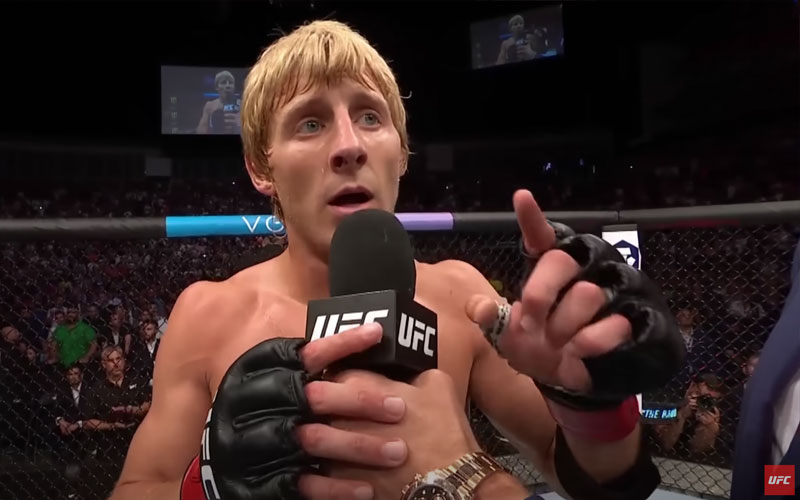
“Men have got this stigma where they think if they talk they are a weak man…You are not weak, you are stronger than anyone. If you can go and talk to your mates and say ‘lad, this is affecting me’…People think that bottling stuff up makes things better. I’ve been there myself…
The one thing I always say is ‘you’ve got to get it off your chest’. That is something that I did, I eventually spoke to someone and as soon as you do that it feels like a weight has been lifted off your shoulders.”
[Part of a powerful speech by Pimblett urging men to seek support, after a friend died by suicide. In another post-fight interview Pimblett speak more about his own experiences and surviving a dark period earlier in his career after losing a match.]
English professional mixed martial artist
Paddy Pimblett Octagon Interview | UFC London

“I was having suicidal thoughts and was literally struggling to get out of bed, let alone play in front of millions. I was lonely, depressed, negative, abusing alcohol, drugs, pushed away family & friends… I felt as if I couldn’t talk or trust anyone… I know that day to day life can seem extremely exhausting, impossible at times. I understand that you feel if you open up it may make you feel weak, or scared. I’m telling you right now, it’s OK, you are not alone.”
Australian professional tennis player
Nick Kyrgios writes about ‘suicidal thoughts,’ depression
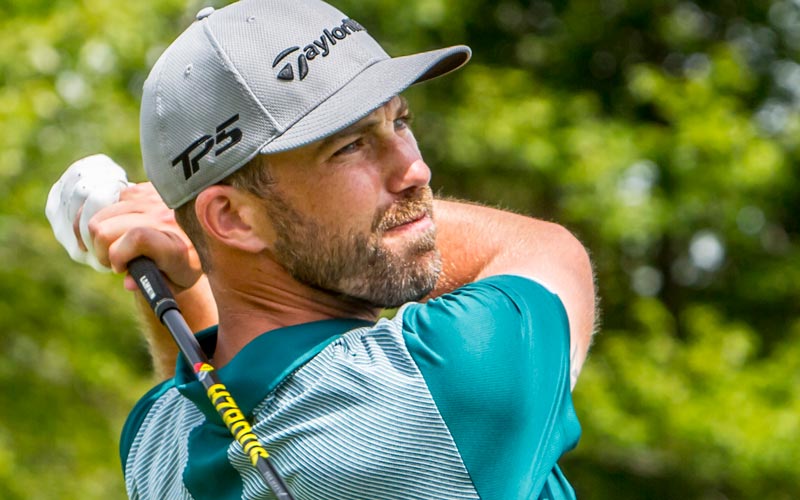
“Knowing that there are people that will face the struggle with me is why I get up and get moving. I have to make the first step; no one can do it for me.”
Professional Golfer, Canada
Ambassador for the Bell Let’s Talk campaign on mental health
“How I Manage the Darkness Of Depression as a Pro Athlete”
Also read “Men: It’s OK to Stop Hiding That You’re Struggling”
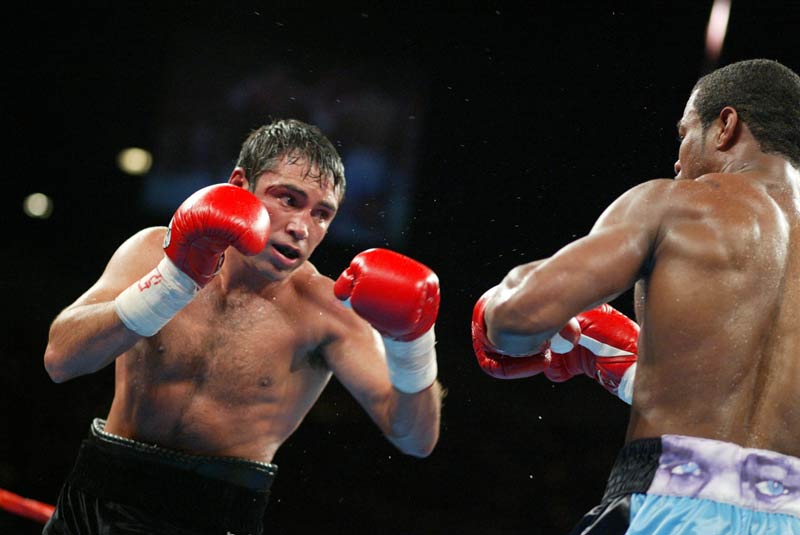
“This is the biggest fight of my life … I could put all my opponents in one ring and battle all of them, but this monster is going to be the toughest fight of my life.”
Professional boxer, Mexico/US
10x world titles in six different weight classes
“Depression, Addiction a One-Two Punch for Oscar de la Hoya”
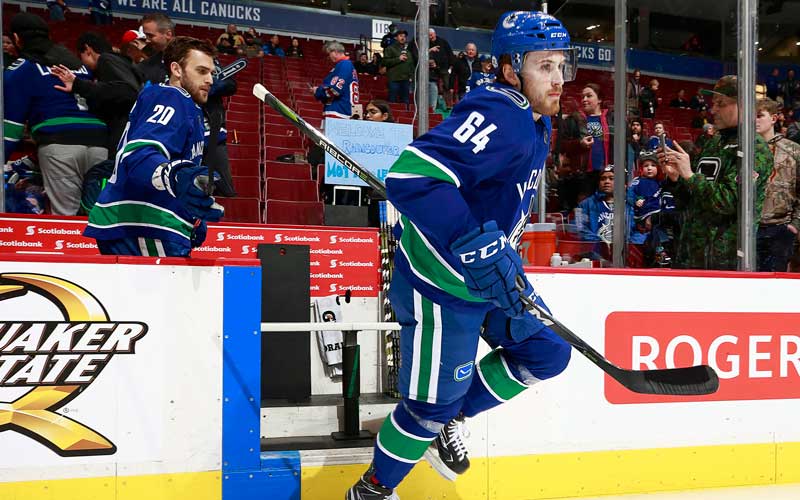
“For me, just accepting and saying out loud that I was diagnosed with depression and had a mental health issue that was the first weight off my shoulders.”
NHL forward, US
“Hockey Talks | Tyler Motte’s Story (Video)”
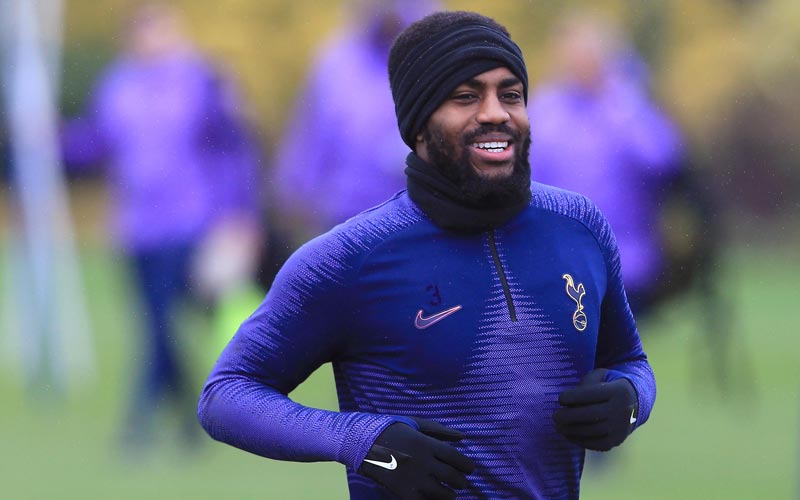
“England [football club] has been my salvation and I can’t thank the manager and the medical staff enough. It was really hard, and being referred to a doctor and psychologist by the Spurs club doctor helped me massively to cope.”
Professional footballer, England
“Danny Rose opens up about depression after tragedy and tough year at Spurs“
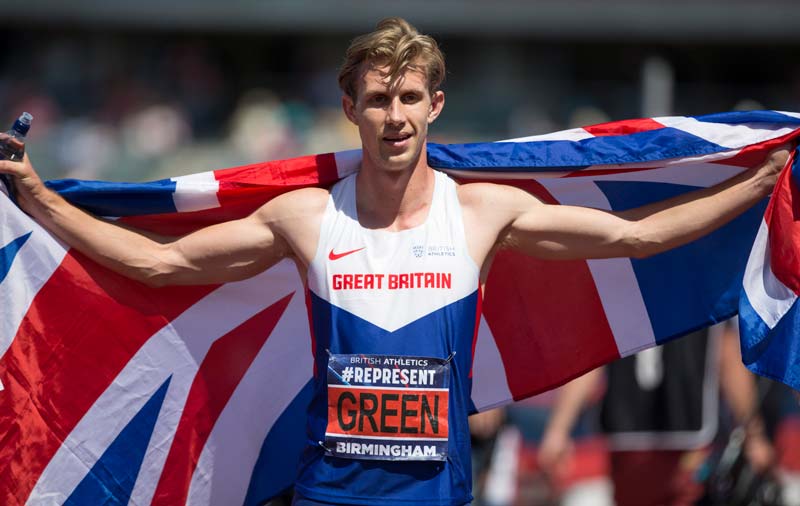
“I know talking about mental health problems is a difficult subject matter to many people, but I hope me being honest about my illness offers others some support and helps people realize they are not alone.”
Track and Field, hurdler and sprinter, UK
2x Olympian for Great Britain (twice for 400M hurdles, once for 4x400M)
“Athletics and Mental Health: My Story” (PDF)
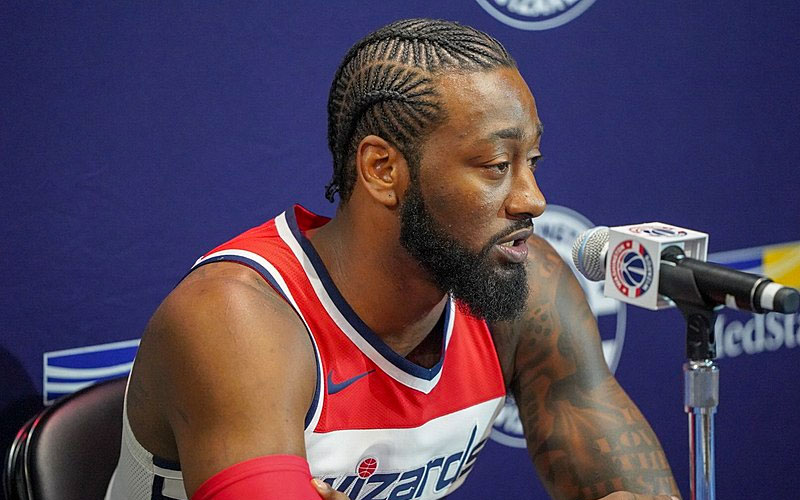
“Darkest place I’ve ever been in.. at one point in time, I thought about committing suicide. I mean, just tearing my achilles, my mom being sick, my mom passing, my grandma passed a year later, all this in the midst of Covid and at the same time… I went to find a therapist. A lot of people think, ‘I don’t need help, I can get through it at anytime,’ but you’ve got to be true to yourself and find out what’s best for you.”
American NBA player, five-time All-Star
NBA All-Star John Wall considered suicide after injury and mother’s death
Move for something that matters! Between June 1–15, walk, run, bike, or hike for men's mental health.
Let's Step Up for our dads, brothers, partners, sons, uncles, friends, co-workers — and ourselves.